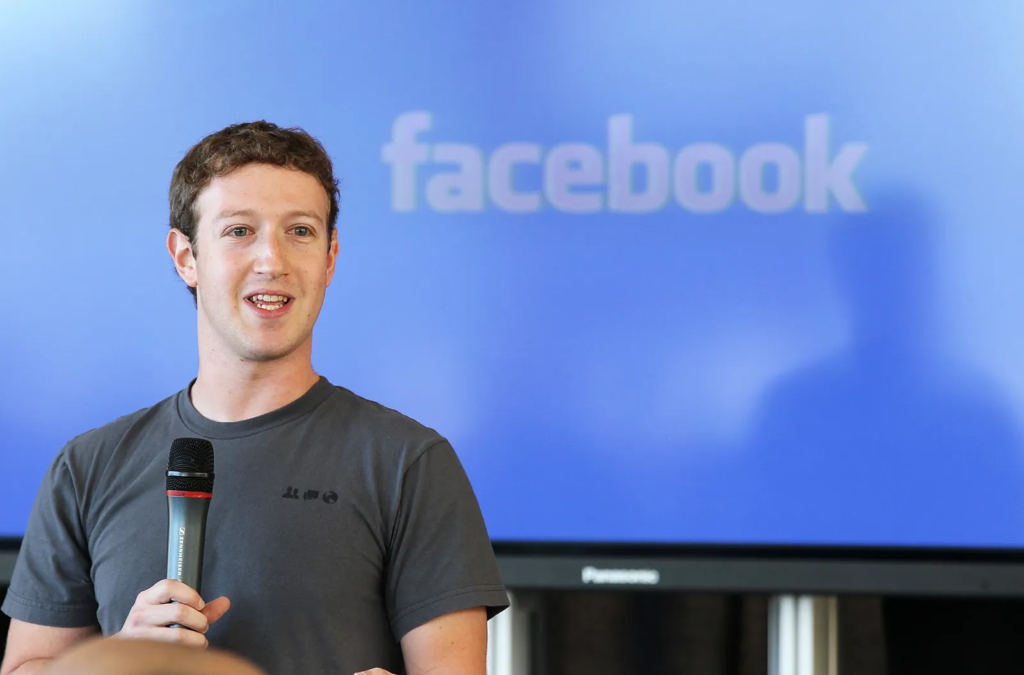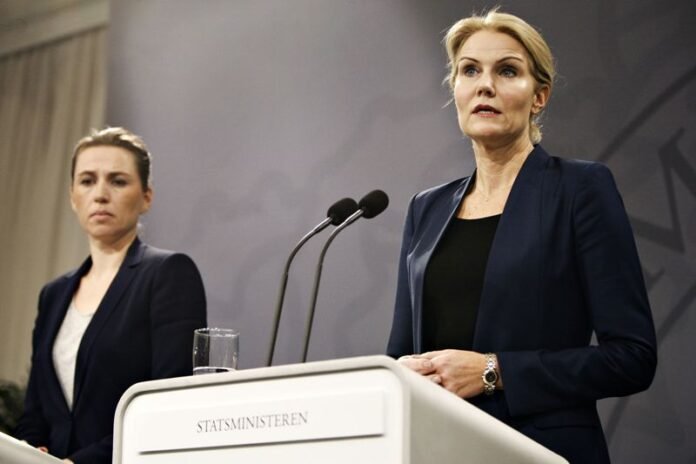In an unexpected turn of events, Meta, formerly Facebook, has revealed that it is no longer dependent on human fact-checkers as it claimed the overwhelming complication of its systems at the present. This now marks a paradigm shift from the company’s previous efforts dedicatedly engaged in fighting misinformation across its platforms, Facebook and Instagram.
The very interesting aftermath of the announcement by Meta, as January 8, 2025, highlights the challenges of moderating at such big scales with the general implications to the fight against misinformation online at large. Although curbs on misinformation were one of the greatest headlines in Meta’s public relations, its recent moves have left quite a lot to be desired by many in terms of efficacy and future of digital content moderation.

Complexities of Fact-Checking
In assisting with the identification and flagging of misleading or false content, Meta has relied on independent fact-checking organizations for many years. Such fact-checkers may comprise journalists or experts in specific fields who review posts and reports flagged either by users or by internal systems within Meta, and mark those items found to be false or misleading with an additional label. This mechanism was very effective in combating the false information, including political disinformation and dangerous health-related myths, particularly in times of major events, such as elections and during the COVID-19 pandemic.
However, the big reliance on this model began to unravel when the company met many critical issues regarding the complexity of systems. One of the internal sources and speaking to certain Meta employees indicated that the sheer volume of content put on its platform became an impossible challenge. An even the strongest system would struggle to ensure that fact checking was both accurate and timely with respect to one of the billions of posts, images, and videos shared each day throughout the world.
Worse yet, Meta’s algorithms for getting the content based on user engagement often surfaced sensationalist or polarizing content. This further compounded the dilemma existing fact-checkers faced as they labored against the upwards current brought on by startlingly viral disinformation.
This fact is one among many justifications from Meta to phase out its fact-checking program; the argument is that human fact-checking cannot be integrated into such a huge, fluid ecosystem. According to a spokesperson of the company quoted by The Guardian, “We found that the systems were too complex to scale effectively. Even when we brought in human expertise, the results were inconsistent and the process couldn’t keep up with the speed and volume of content being generated.”
Shift Toward Automation and AI
With human fact-checkers out of the picture, Meta is keeping the ball rolling with some automating artificial intelligence (AI) applying to bear on the management of misinformation. The company is also reportedly heavily industrialized, machine learning, and natural language processing technologies for the more efficient detection of spurious or misleading content, much as could be done without human intervention.
Theoretically, AI systems could slog through enormous volumes of data in much quicker time than a human fact-checker could. Patterns in language can be detected by algorithms, and potentially harmful narratives are spotted, and information is cross-referenced across multiple sources in an effort to develop accuracy. Refined tools, hoping that eventually AI delivers to the company by attacking the problem on a mass scale, are what Meta is waiting for internal teams to work on.
However, experts have been skeptical to comment on how effective these systems might be. While it is clear that automation can handle the simple fact-checking aspects of the practice, it lacks the context understanding that greater nuance adds up to a task where human fact-checkers really come into play. AI systems can scour the Internet and produce data for websites and trustworthiness; however, they may have difficulty detecting satire, understanding cultural context, or interpreting subtextual misinformation, which is not organized neatly into simple categories. However, there are also arguments concerning the bias and transparency of algorithmic decision-making as these AI systems develop at Meta.

Reactions from the Public and Experts
To cut short the human-related fact-checking activity has led to a major uproar. Many observers, including journalists and misinformation researchers, have started worrying that this would mean likely an increase of false information spread on Meta’s platforms. Whereas Meta may be able to program some of its systems to flag certain types of misinformation, human intervention is critical in resolving more nuanced and subtle falsehoods.
“There is no substitute to experienced judgment on nuanced issues,” says Clara Reyes, senior researcher at Misinformation Lab. “Automated systems could miss nuanced misinformation, especially designed to be misleading and not really lying.”
On one hand, AI is said to have done great strides in bringing the content moderation solely at some point in future. Whereas human fact-checkers tend to have served this purpose previously, the future focuses on machine learning towards more scalable and efficient systems designed for content moderation.
Ethical Concerns and Future Implications
The deletion of human checkers raises important ethical questions. Without human checkers, however, Metas algorithms can easily increase already existing problems like misinformation and political polarization besides spreading hateful content. Careful attention should also be given to prevent AI systems from promoting content that is divisive, sensationalistic, or merely engaging rather than factually based or beneficial for users.
Allegations that this transition appears to be a step away from accountability are additionally rife. Fact-checking entities were often regarded as neutral third parties from whom one could get a glimpse of transparency in Meta’s approach to content moderation. Automated tools would therefore appear to Meta as far reducing the transparency and accountability with which its misinformation control efforts are executed.
At this junction, the question remains on whether AI-driven content moderation tools in Meta would be all that is needed to mitigate the unprecedented flow of misinformation across its platforms. It raises eyebrows over further erosion of trust in social media as users become more cautious about the neutrality and fairness of AI algorithms.
Conclusion: A Changing Landscape for Content Moderation
The move by Meta pulling up roots from human fact-checkers is a critical moment in the fight against misinformation online. Now, while the company sets about establishing AI-based solutions for all such endeavors, it has an uphill task of mounting a scale of content moderation while at the same time ensuring the accuracy, fairness, and transparency of these systems.
This decision also denotes a macro trend in the whole tech industry, in which increasingly automated solutions are sought, but it reminds of the fact that moderation of content in an increasingly complex digital ecosystem will always remain a challenge. AI alone might prove as an effective solution to the changing map of online misinformation as time goes on, but the fact is clear-the future of content moderation would be technology-led and not human alone.
Meta’s journey toward automation has closed the books on human-led checks for the foreseeable future. The progress it will make from here on will attract closely the eyes of citizens, governments, and activists alike as far as finding a credible solution to one of the burning problems of our digital reality.




I was shocked when I read this blog. As a digital privacy advocate, I’ve seen firsthand how misinformation can spread rapidly on social media platforms. The decision by Meta to scrap its fact-checking systems due to complexity is concerning, and this blog does an excellent job of breaking down why this could be the end of effective misinformation control. The post explains the consequences of this move very clearly and makes me wonder how Meta will address this issue moving forward. I appreciate the insights and feel this is something everyone should be aware of.